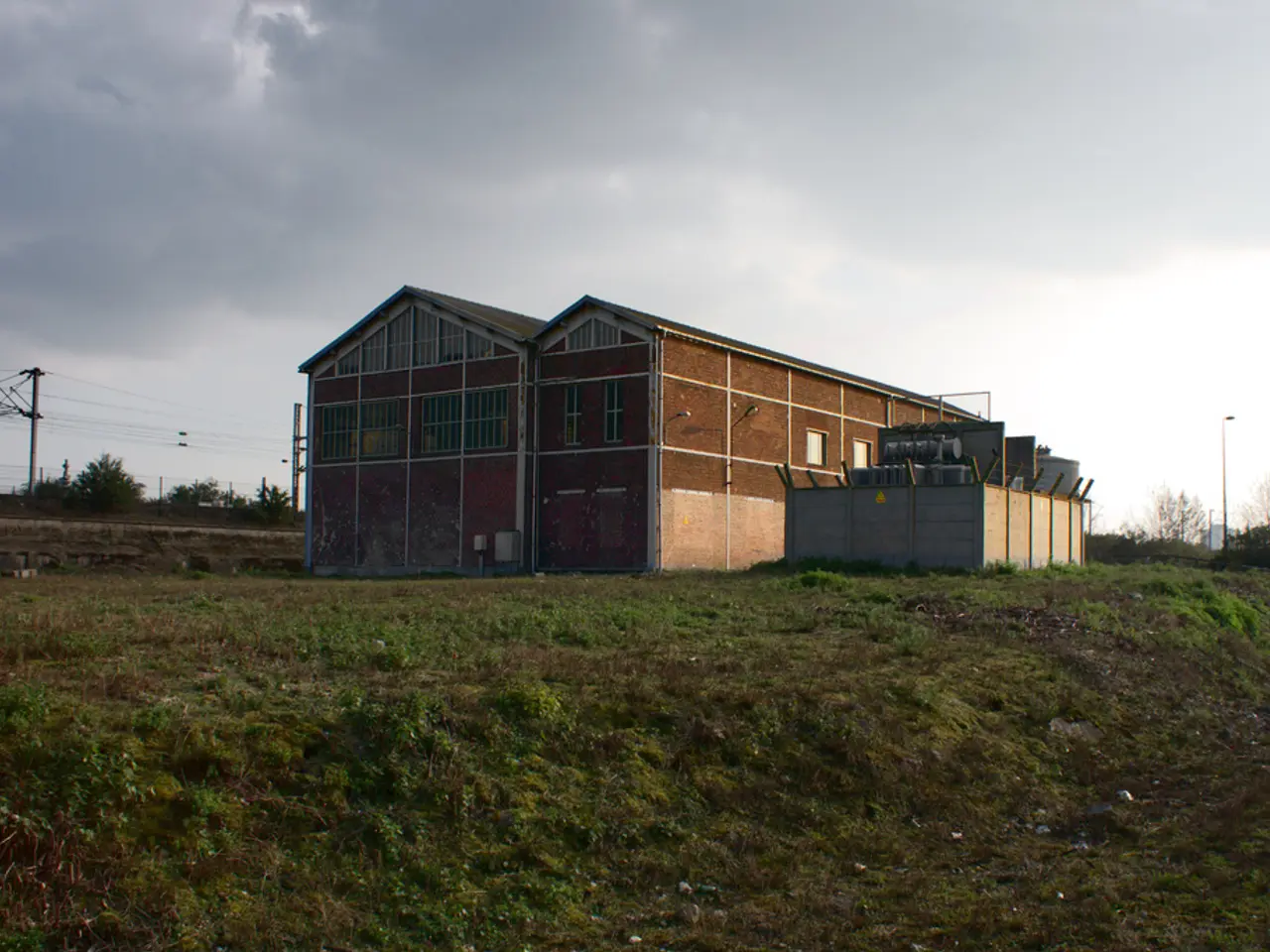Romania's former president Ion Iliescu, a key figure in post-communist era, passes away at 95 years old.
Former Romanian President Ion Iliescu Passes Away at 95
Ion Iliescu, a pivotal figure in Romania's transition from communism to democracy, passed away on August 5, 2025, at the age of 95. His passing marks the end of a significant chapter in Romania’s recent history, defined by the post-communist transition and profound transformations in public life.
Iliescu, who joined the communist youth movement in 1944, rose through the ranks to become a minister under Nicolae Ceaușescu in the 1960s. However, he was sidelined and reassigned to regional leadership roles. His fortunes changed in 1989 when he became a leading figure in Romania's revolution that ended the dictatorship. Iliescu went on to serve as Romania’s first freely elected president after the fall of communism, holding office from 1990 to 1996 and again from 2000 to 2004.
Iliescu's presidency was marked by the Mineriad incidents, violent clashes primarily in 1990, when coal miners were allegedly mobilized to suppress protests against his government in Bucharest. These events led to deaths and widespread criticism as they undermined democratic principles and highlighted authoritarian tendencies lingering from the communist era. The Mineriads have been central to debates over his legacy, symbolizing the violent struggle between old communist forces and emerging democracy.
In 2018, Iliescu faced charges of crimes against humanity linked to the violent aftermath of Romania’s 1989 revolution. He was indicted for the Mineriad, along with several other high-ranking officials. The judicial process has been slow and contentious, but a 2023 court decision allowed the trial to commence shortly before his death.
Iliescu's passing awaits its fair assessment, and condolences were extended to his family, friends, and all those close to him. Prime minister Ilie Bolojan reacted to Iliescu’s passing, stating that he was a key political figure in the post-1989 era and that several key documents and decisions were adopted during his presidency that shaped Romania’s path.
The Snagov Declaration and the 2003 revision of the Constitution, acts adopted during Iliescu’s presidency, laid the groundwork for major political and institutional changes in Romania. PSD's interim leader, Sorin Grindeanu, expressed condolences upon Iliescu’s passing, calling it a moment of profound sadness.
Doctors diagnosed Iliescu with lung cancer a week after his hospitalization in June 2025. He had been in the intensive care unit since then. Despite his ill health, Iliescu had withdrawn from public life in recent years and did not attend the swearing-in ceremony of president Nicusor Dan two months ago.
Iliescu's legacy is paradoxical: he is credited with preserving national stability and guiding Romania through a turbulent transition, yet criticized for perpetuating elements of communist authoritarianism and enabling state violence during his terms. His founding of the Social Democratic Party cemented his influence on Romanian politics well beyond his presidency.
References:
- BBC News
- The Guardian
- The New York Times
- The Washington Post
- The passing of former Romanian President Ion Iliescu, who played a vital role in Romania's political landscape, has sparked debates about his legacy, particularly regarding his policy decisions during war and conflicts, such as the Mineriad incidents.
- As Romanian politics, policy, and legislation, general news, and crime and justice media outlets analyze Iliescu's impact, they will closely examine his role in shaping the country's post-communist future and his involvement in policy-related issues that left lasting consequences.








